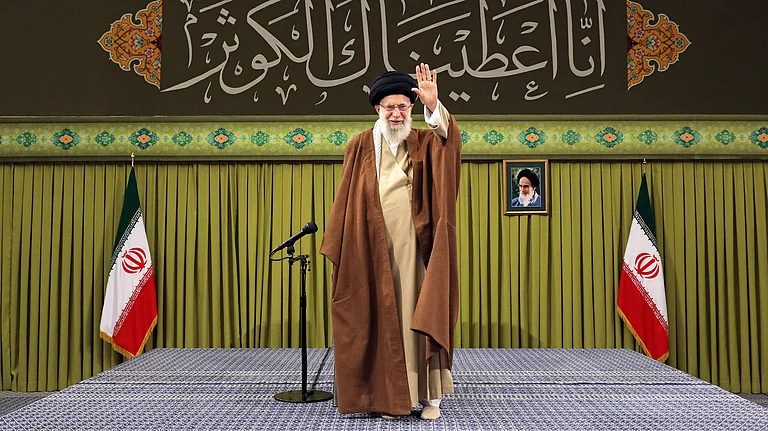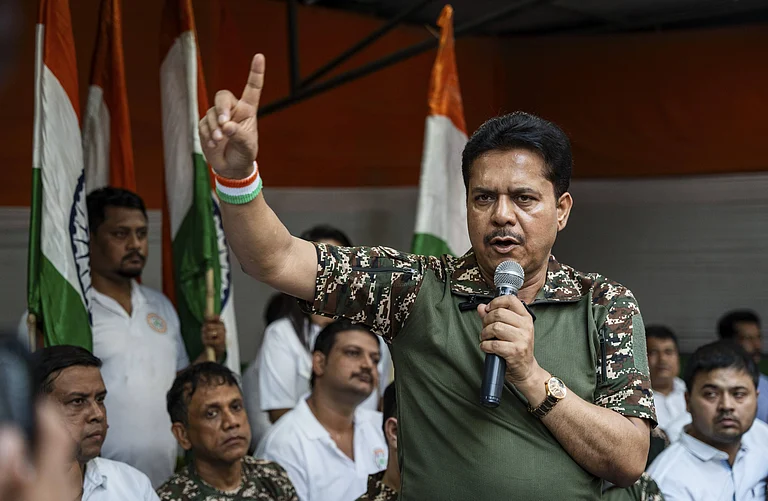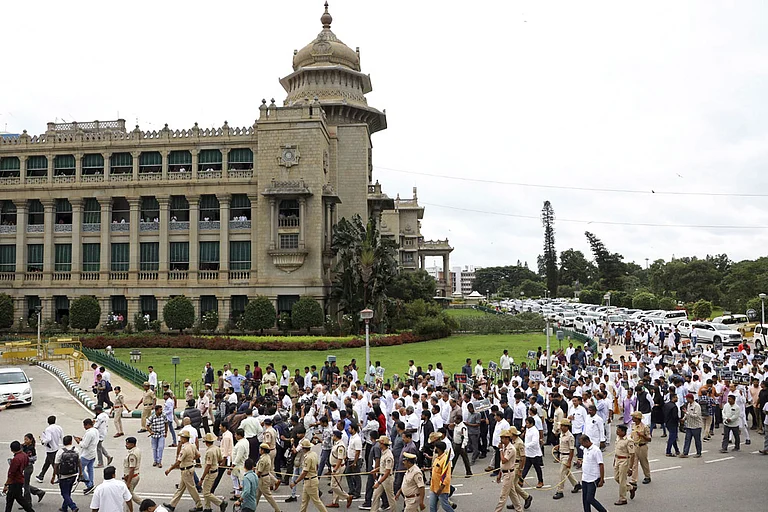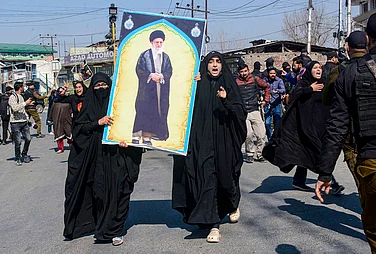Anti-incumbency, anger over unfulfilled promises and dissatisfaction among the youth made way for a new government in Telangana -- that of the Congress party -- for the first time since 2014 when the state was formed.
Despite the popularity of K Chandrashekhar Rao and his appeal to people of the state to vote for the party and the leader who fought relentlessly for a separate state of Telangana, the disillusionment with existing welfare schemes along with a perceived inaccessibility of its leaders, created a tide in favour of the Congress in the state. The Congress will surely take the victory with a pinch of salt, after losing in Rajasthan and Chhattisgarh to the Bharatiya Janata Party (BJP). For the people of Telangana though, the change in government comes with a whole lot of hope.
Congress Leaders were More ‘Accessible’
For the unemployed youth in Telangana who have been awaiting jobs since 2014, and tenant farmers who have been excluded from state schemes, Congress leaders seemed more approachable than BRS leaders. “They interacted with government job aspirants about what problems they are facing. Tenant farmers who haven’t been recognised by the KCR government finally found a place in the Congress manifesto. We were at least heard by the Congress party,” says Kiran Kumar, a PhD scholar at University of Hyderabad and National President of All India OBC Students Association.
The party’s leaders held meetings and discussions with civil society organisations like AIOBCSA, Rythu Swarajya Vedike and others, that have consistently conveyed concerns of citizens to the government and media, he says. This is a similar trend that was observed in the Congress’ win in Karnataka as well. Civil society organisations like Eddelu Karnataka (Wake Up Karnataka) and Bahutva Karnataka (Pluralistic Karnataka) made voters aware of the failures of the incumbent BJP government there.
Grip over Reserved Seats
Out of the 31 reserved constituencies in the state, BRS gained power in 21 of them in the previous assembly elections. But this time, the Congress has managed to take the lead in the majority of these seats that BRS won earlier.
While the Congress’ promise of caste census was appealing, KCR’s unfulfilled promises related to appointing a Dalit Chief Minister, implementing the Dalit Bandhu initiative and allocating three acres of land to Dalits, are some of the major reasons why these seats went to the Congress.
An important point to note, however, is that a majority of the candidates given tickets by the Congress are upper-caste land-owing Reddys. The party allotted tickets to 26 Reddy (25%) candidates among 11 other candidates from the upper castes. The same holds true for BRS as well. Interestingly, the BJP has allotted the highest number of tickets to candidates from the communities in the group–39 (35%).
BJP’s Rise in Vote Share
The BJP won just one seat in the 2018 assembly elections. But this time, BJP won eight seats including Adilabad, Mudhole, Armur, Nirmal, Sirpur, and Kamareddy. These were won by BRS in 2018. Kamareddy was earlier expected to witness a contest between outgoing chief minister KCR and possible Congress candidate for CM, Revanth Reddy. But the BJP candidate trumped these two leaders.
Although the rise in vote share doesn’t dent the prospects of the Congress, experts say the trend has to be observed with caution. A similar trend was also observed in Karnataka. Although the Congress defeated the BJP, there was no change in vote share for the latter–those who might have voted for the BJP before, voted for it again. In Telangana, the rise in the BJP’s vote share in those seats where BRS was earlier dominant, may indicate that voters preferred the saffron party over the incumbent government.
Women Hope for Change
Although the exact figures of how many women voted for which party are not known, Telangana for the first time saw women voters outnumbering male voters. Was this because of the slew of welfare schemes promised by different parties? Activists disagree.
“Women are learning to speak up for their rights now and hence they are coming out to vote. I personally find the whole concept of announcing welfare schemes in return for a vote very patriarchal,” says Sujatha Surepally, a Dalit and women’s rights activist.
If the parties had the intent to empower women, they would give more tickets to women candidates, she adds. This time, BRS fielded six women candidates, the BJP 13 and the Congress nine. “Women have always been active in the political space of Telangana, but there has been constant repression,” says Sujata. The Karimnagar-based activist was on the receiving end of a vicious online campaign after she posted a message on her Facebook page saying that the RSS had attacked Dalit-Bahujan students at Satavahana University. “We are expecting the extent of repression will change under the new Congress government. We are hopeful of change,” she says.






















